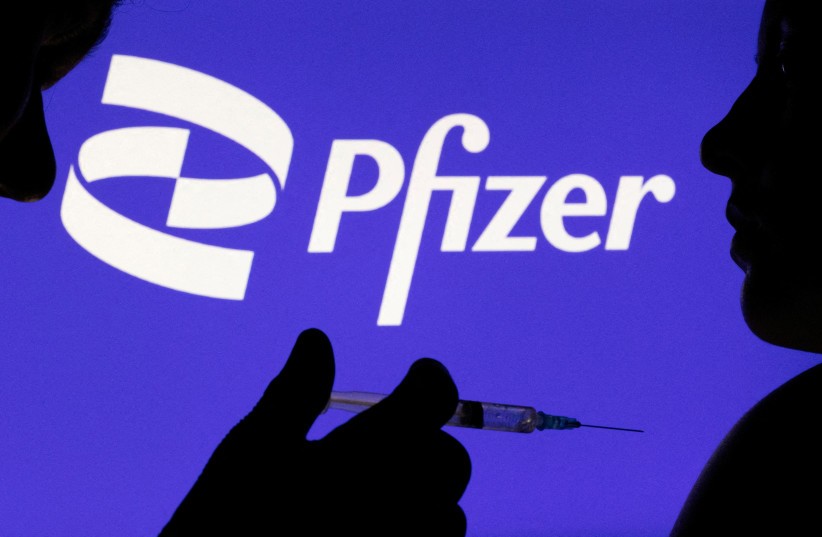Pfizer Inc said it is scrapping its once-a-day experimental obesity pill because of concerns about liver safety, but will continue developing its other obesity pill, the twice daily treatment danuglipron, as it races to rival the success of other weight loss treatments.
The company's shares fell 3.5% in volatile premarket trading on Monday as Pfizer said it would stop developing its therapy lotiglipron after patients who took the drug in clinical studies were shown to have elevated levels of liver enzymes.
It said it expects to finalize plans for the danuglipron late-stage program by the end of the year.
Pfizer has been developing both pills in parallel, but had said all things being equal their preference would be for the once daily treatment.

Pfizer CEO Albert Bourla has said that an obesity pill could eventually be a $10-billion-a-year product for Pfizer
The news comes days after competitor Eli Lilly released promising data for its own once-daily experimental pill, orforglipron.
Truist Securities analyst Robyn Karnauskas said Lilly is now ahead in the race for a once-a-day obesity pill.
"We believe while (twice a day) has advantages, we really need a (once daily) formulation for weight loss," she said in a research note.
Pfizer said last month that danuglipron helped patients lose weight on par with Novo Nordisk's Ozempic in a mid-stage study that tested it in patients with Type 2 diabetes.
US demand for Wegovy and Ozempic, the brand names for Novo Nordisk's once-weekly injections for treating obesity and diabetes respectively, has soared recently.
The enormous demand for treatments like Wegovy could support as many as 10 competing products with annual sales reaching up to $100 billion within a decade, mostly in the United States, industry executives and analysts have said.
None of the patients in the lotiglipron trials reported liver-related symptoms or side effects, there was no evidence of liver failure and none required treatment, Pfizer said.
Liver enzyme elevations observed in lotiglipron trials have not been seen in patients enrolled in danuglipron trials, the company added.
